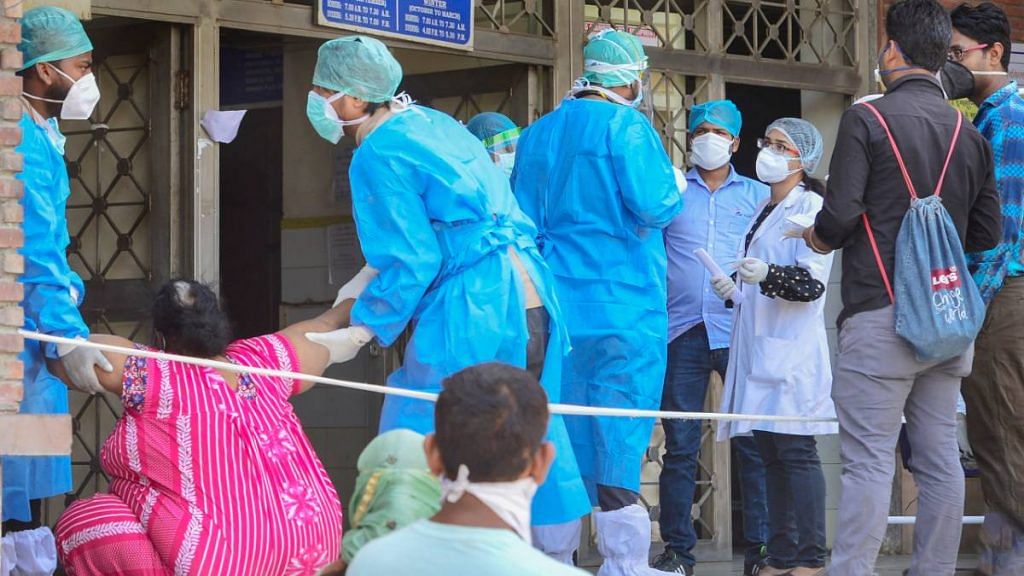New Delhi: The Narendra Modi government has constituted a high-level committee to “simplify and expedite” the drug approval process in India, ThePrint has learnt, as the country continues to fight the Covid-19 pandemic.
Comprising top drug and vaccine entrepreneurs of India and senior bureaucrats, the committee was set up by the Ministry of Health and Family Welfare as an urgent measure to reform the drug regulatory system in India.
“The issue of reforms in the drug regulatory system has been engaging the attention of the government of India for quite some time now,” said the health ministry order titled ‘Constitution of a committee for reforming the Drug Regulatory System in India’. It was issued on 11 May.
The committee will revamp the Central Drugs Standard Control Organization (CDSCO), an arm of the health ministry that heads the regulatory system of drugs and medical devices in India.
While the order, accessed by ThePrint, applauds the latest moves taken by the CDSCO following the pandemic — including the fast-track access to testing kits, vaccines, therapeutics, preventive treatments and diagnostics — it stresses the need for “comprehensive changes” to make the system more effective.
Also read: Govt asks pharma firms when remdesivir, the big hope against Covid, can be made in India
Committee to chalk out plan
On the committee are billionaire entrepreneurs Adar Poonawalla, CEO of Serum Institute of India, and Zydus Cadila’s Pankaj Patel, along with top officials from the Department of Pharmaceuticals, Indian Council of Medical Research (ICMR), Department of Biotechnology (DBT) and All India Institute of Medical Sciences (AIIMS).
The committee will be chaired by Rajesh Bhushan, Officer on Special Duty, Ministry of Health, while Joint Drug Controller of India Dr Eswara Reddy will assist the committee that will work on adopting global standards for drug and medical device regulation amid the ongoing pandemic.
The committee first met on 19 May for a formal introduction and setting the agenda. Its second meeting for more elaborate discussions is scheduled to take place Friday.
Also read: India’s ‘R’ value falls to 1.22, but active Covid-19 cases could reach 1 lakh by 30 May
How the committee will work
The ministry had ordered the committee to study previous reports by various committees on the working of the CDSCO, on clinical trials, and on whether the current qualification criteria for the department head — the Drugs Controller General of India — needs to be revised and also address recommendations suggested by these committees that were not unimplemented.
“The committee will submit its report within a period of one month from the date of its formation,” the 11 May ministry order said.
The ministry noted in the order that the “requisite procedural changes” which have been carried out by CDSCO “have worked quite well”, but added: “However, it is felt that comprehensive changes in the drug regulatory regime should be carried out to reflect global best practices as well as domestic requirements and to streamline the CDSCO to make it more effective.”
“…It has, therefore, been decided to constitute a committee for studying the current drug regulatory system and to submit recommendations for reforming the system to bring it in line with global standards and to deliver more efficiently,” it further stated.
Also read: Every scientific success is built on a history of failures, Covid-19’s cure could be too
